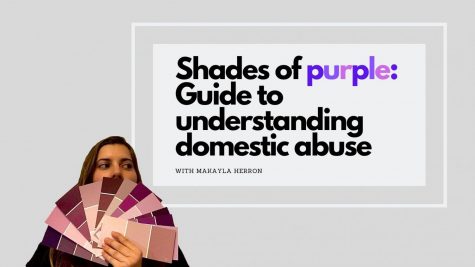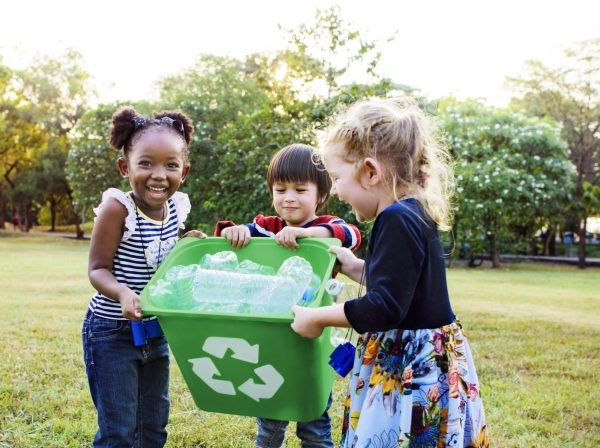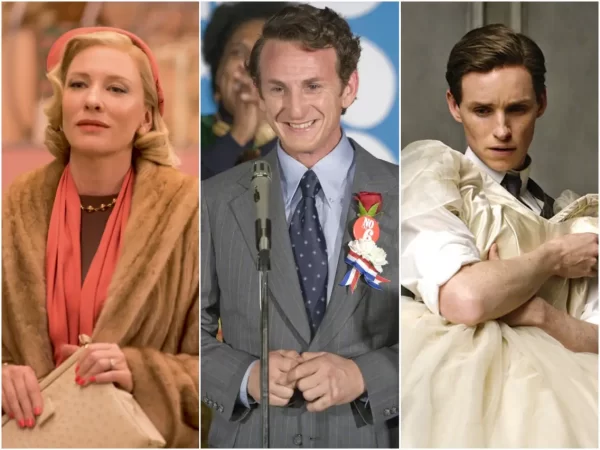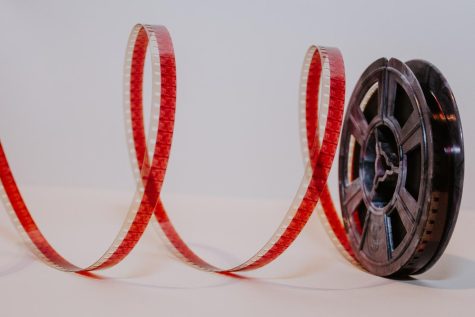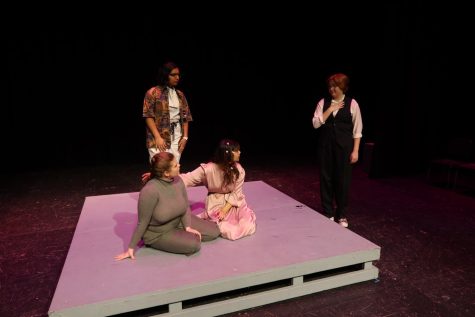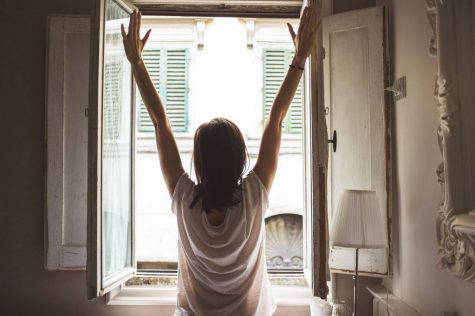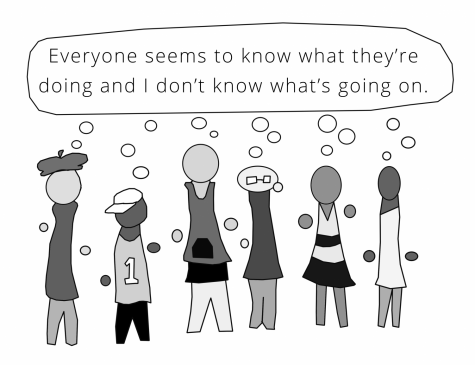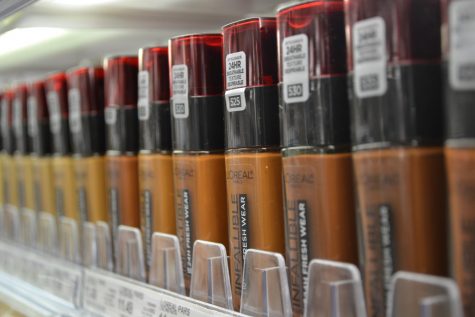Celebration Versus Discrimination
Halloween costumes spur debate around cultural appropriation
Halloween fills students’ hearts with joy and their stomachs with candy even as they grow further and further from their trick-or-treating phase. Between the brave few who refuse to stop trick-or-treating and the parties that give others a chance to score some free candy, Halloween continues to be relevant in students’ lives.
Despite all the haunted houses and jump-scares, no doubt the scariest aspect of Halloween is the phrase “cultural appropriation.” Whenever it pops up in a conversation, everybody screams—at each other.
Television personality Megyn Kelly defended blackface on the Today Show on Oct. 23, just in time to get everybody into the Halloween spirit. She challenged the nation’s current standards of racism and questioned what is offensive versus what is overblown, immediately inspiring plenty of backlash and resulting in the cancellation of her show “Megyn Kelly Today” on NBC. Clearly, the issue of cultural insensitivity during Halloween has not vanished in the minds of Americans.
As a white person who grew up in a white family in a predominately white culture, I can only provide the perspective of those responsible for the appropriation. I try my best to be sensitive to all unique cultures individually, but I also think the true definition of cultural appropriation gets lost in the chaos and confusion surrounding it.
Cultural appropriation is the taking and using of aspects of other cultures. In the case of Halloween, it usually means white people dressing up as minority characters or dressing up as the culture itself—for instance, being a geisha, a traditional role in Japanese history. People who believe cultural appropriation is harmful say that doing so allows the majority to diminish the uniqueness of other cultures. For instance, Native American headdresses are disrespected when they’re worn as Halloween accessories because they’re traditionally a sign of respect and bravery; a feather is added for every brave act. People who wear these because they look nice are writing off a unique and meaningful aspect of the culture.
Others argue that cultural appropriation is inevitable, considering the melting pot identity of America. Ironically, the idea of a majority-white America is becoming less and less of an accurate statement. Researchers predicted that by 2045, white people will be a minority. However, white culture currently dominates the media, government and the country’s population, so it is accurate to say my culture is the majority at this time.
The changing demographics of America are not necessarily a bad thing. I can definitely say that America would not be what it is today without the blending of other cultures into our own. My childhood consisted of listening to my best friend tell me stories from the Hindu religion and looking forward to the mouth-watering Indian dishes her parents would prepare for us. Diversity is something to appreciate. If we were to isolate our culture and push everybody else out, our country would be a lot more boring.
On the other hand, those not in agreement argue that this viewpoint belongs to people who have no scope of and will likely never experience the negative effects of cultural appropriation, and they’re not wrong. In 2016, minorities landed only 13.9 percent of film leads and the rest went to white actors—which is frankly disappointing. Not to mention, films like “Ghost in the Shell” and “Avatar: The Last Airbender” cast white actors in the roles of minority characters. People of color are widely underrepresented in American media and cultural appropriation of minority costumes endangers even more of the little diversity that exists.
The Metropolitan Museum of Art Gala featured the theme “Heavenly Bodies: Fashion and the Catholic Imagination,” featuring artists such as Rihanna, Jennifer Lopez, Ariana Grande and other people of color appropriating a traditionally white religion. Criticism from Catholic communities was met with opposition from others arguing that white culture cannot be appropriated.
At the end of the day, the flurry of back-and-forth arguments gets complicated and whenever there is a discussion about the topic of cultural appropriation—history students, I know you can relate—people inevitably end up in a heated, unorganized “debate” where nobody learns anything and nobody can possibly agree with anybody.
To me, it all comes down to respect.
The problem with negative cultural appropriation is that putting on a culture as a costume isn’t a costume; it’s a statement of racism. Transforming the people who first inhabited our country into a centuries-old, inaccurate and insensitive caricature for your Halloween costume sends the message, “Your culture is about as real as all of these other costumes.” A white person wouldn’t dress up as a white person for Halloween, at least not unironically, so why should other cultures be treated differently? But being somebody from that culture portrayed in an accurate and respectful way shows that you admire them.
Some white people will choose to be white characters, but consider the Disney princess Moana as an example. No matter what sort of people dress up as her, the movie still got a lot of attention for being respectfully representative of the Polynesian culture. Kids who dress up as her only encourage the positive attention the movie receives.
Teaching sensitivity and segregation is not the same thing. Minorities are still discriminated against and that is definitely a barrier we should fight to overcome, but the future of this country should include a harmonious acceptance of all cultures.
Does it disrespect Chinese culture to eat their food? If there was supposed to be absolutely no cultural appropriation, non-white cultural restaurants would put up signs on their doors saying “no whites allowed.” White people did that once. Martin Luther King, Jr. didn’t fight for “separate but equal” rights; he fought for a country united and equal.
Many people, myself included, find it safer to steer clear of the entire subject, and, of course, there’s nothing wrong with that. It doesn’t have to be complicated if, at the end of the day, we simply try to respect one another.
While the injustices to the minority communities are completely real and prevalent today, the solution is not to drive each other away, but rather to come together as a whole. If we weren’t all American, what would we be? The Semi-United States? You can be Mexican, Indian or Chinese and still be American, and I can’t think of any holiday more American (yes, besides the Fourth of July) than a night filled with parties and free candy.






